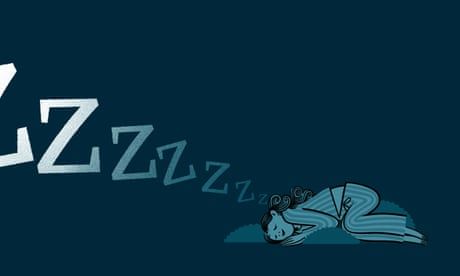
Waking up at night is natural and even beneficial, so we should embrace insomnia and learn to enjoy it
Sleep: we know it feels good, we know it’s necessary. But the deluge of guidance, whether from well-meaning sleep scientists or bio-hackers on TikTok, has made falling asleep more fraught than ever. We are now instructed to sleep for seven to eight hours in an undisturbed stretch, with perfectly proportioned REM and Non-REM sleep. We are encouraged to track, count and monitor to achieve perfect sleep. We are told that failing to sleep well raises our risk of heart disease, type 2 diabetes, Alzheimer’s, obesity, depression and death. Little wonder so many of us (37% according to the Sleep Charity) are struggling to sleep. And little wonder that today’s anxiety-fuelled sleep industry is worth a staggering $585bn.
For anyone suffering from less-than-perfect slumber, being constantly reminded that sleep is our superpower has done little more than amplify our sleep anxiety. I was one of these. So when a series of bereavements sent my mild insomnia into overdrive, I took the advice of a sleep scientist who suggested I treat it as a luxurious gift of extra time. Viewed like this, my sleepless nights became a chance to metaphorically travel through new lands, and no longer a “condition” that threatened to kill me.
Continue reading...